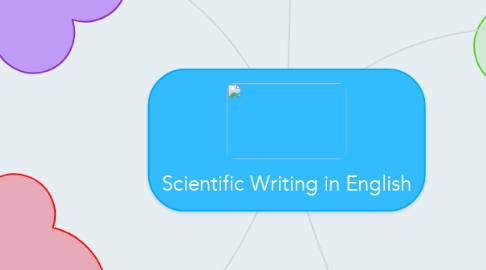
1. TENSES & CONCORDANCE
1.1. TENSES
1.1.1. PAST TENSE
1.1.1.1. Used in Methodology and Results presentation
1.1.2. PRESENT TENSE
1.1.2.1. Used to discuss Results and Conclusions
1.1.3. FUTURE TENSE
1.1.3.1. Used to predict or theorize about future events
1.2. CONCORDANCE
1.2.1. SUBJECT
1.2.2. VERB
2. ADJECTIVATION
2.1. ARTICLE
2.1.1. Definite / Indefinite
2.1.2. Countable / Incountable
2.1.3. Singular / Plural
2.2. NOUN
2.2.1. Proper nouns
3. VOICE
3.1. ACTIVE
3.1.1. Used when the subject is the actor
3.2. PASSIVE
3.2.1. Used when the subject is acted upon
3.2.2. Formed with BE + PARTICIPLE
3.2.3. VERBS
3.2.3.1. Transitive
3.2.3.2. Intransitive
4. CONNECTORS
4.1. Linking ideas and information
4.1.1. COORDINATE
4.1.1.1. Equality between elements
4.1.1.2. AND, OR BUT, FOR, NOR, YET
4.1.2. SUBORDINATE
4.1.2.1. Inequality / Dependance / Limitation between elements
4.1.2.2. IF, AS, WHEN, BECAUSE
4.2. Specialised linking words
4.2.1. Reinforcing Ideas
4.2.1.1. ALSO, IN ADDITION, MOREOVER, FOR EXAMPLE
4.2.2. Changing Ideas
4.2.2.1. HOWEVER, ON THE OTHER HAND, ALTHOUGH, NEVERTHELESS
4.2.3. Concluding
4.2.3.1. FINALLY, IN CONCLUSION, THEREFORE, THUS

